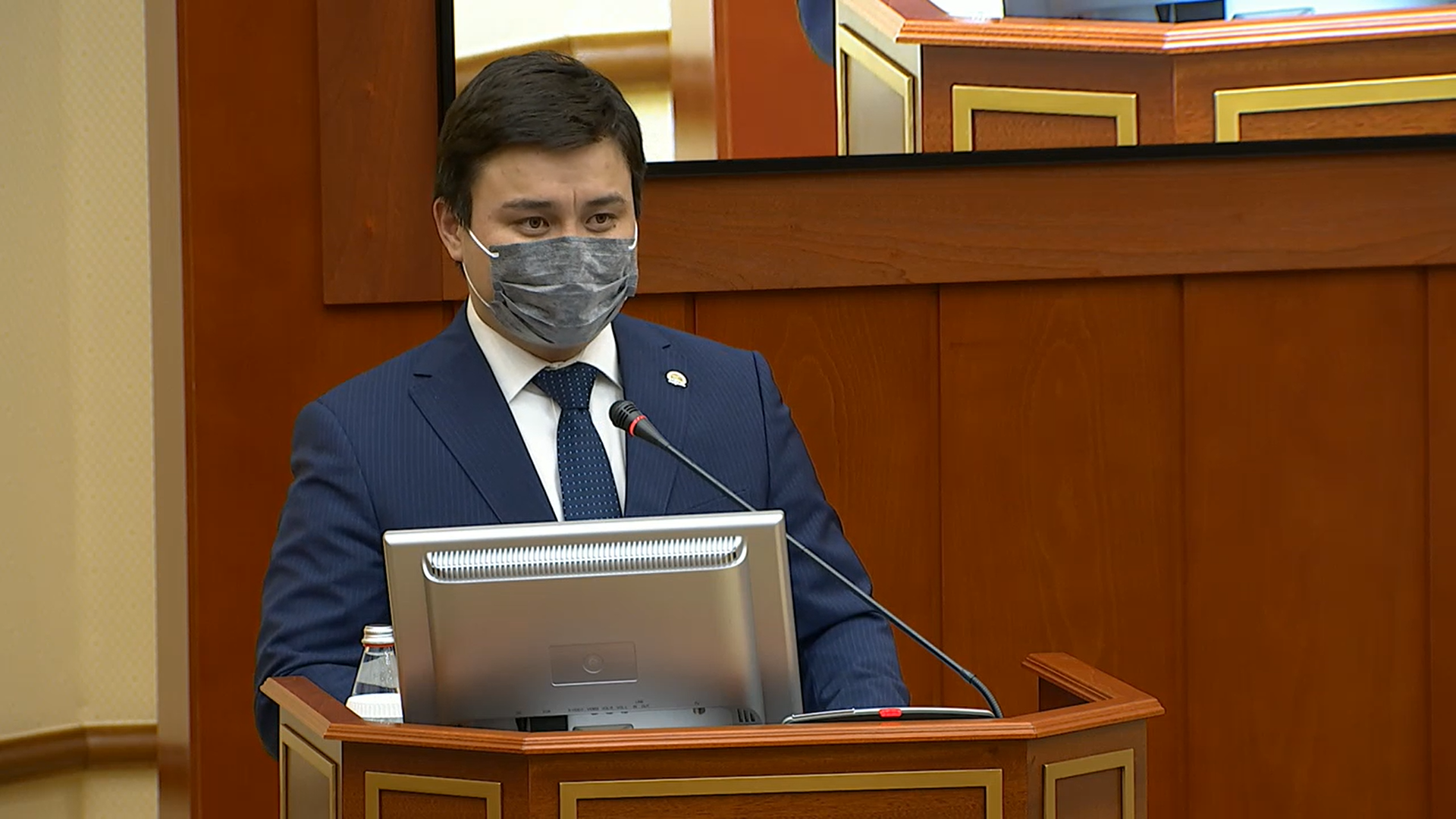The draft law on a new regulatory policy of entrepreneurship was approved by the Mazhilis in the first reading

The Minister of National Economy Aset Irgaliyev presented in the Mazhilis of the Parliament of the Republic of Kazakhstan a draft law "On amendments and additions to some legislative acts of the Republic of Kazakhstan on the implementation of a new regulatory policy in the field of entrepreneurial activity in the Republic of Kazakhstan." Deputies of the Mazhilis of the Parliament of the Republic of Kazakhstan approved this draft law in the first reading.
“New regulatory approaches from a“ blank slate ”envisage the improvement of the basic principles of interaction between the state and business, the introduction of the“ 1 in 2 out ”principle, the register of mandatory requirements, the digitalization of business reporting and the improvement of state control," the Minister of National Economy of the Republic of Kazakhstan said at the plenary session of the Mazhilis Aset Irgaliyev.
As the head of the Ministry of National Economy noted, in order to exclude the growth of excessive and ineffective requirements for business, the conditions for establishing requirements will be legally determined. The introduction of the “1 in 2 out” principle assumes that when the state introduces a new requirement, two existing in the same area of legal regulation will be canceled.
In addition, a Register of Mandatory Requirements will be created, which will become a single information resource containing a list of all business requirements in the form of regulatory legal acts (NLA) and other documents. The Register will determine the timeframe for reviewing legal acts for compliance with the new regulatory policy. In case of inconsistency, legal acts will be revised or canceled. Thus, the Register will allow applying the “regulatory guillotine” method in relation to requirements that negatively affect the business environment.
According to A. Irgaliyev, the requirement to provide reports exclusively in electronic form using information systems, as well as to automate the assessment and risk management in the selection of subjects of control and supervision, will be legally fixed.
The bill provides for the reform of the system of state control and supervision. New forms of state control will include a transition from inspections to preventive measures.
“The implementation of new approaches in the regulation of entrepreneurial activity will radically reduce the burden on business and give impetus to the development of business activity in the new economic reality,” the minister concluded.